Advisory Board
The Great Lakes ROTA-RC Advisory Board provides their knowledge, critical thinking and analysis to advise the technical assistance aspects of the leadership team. Advisory Board members serve as ambassadors and advocate for the program(s), providing a connection to, and ongoing exchange of, information and ideas with practitioners in the field of prevention, mental wellness, as well as with other partners who serve rural communities.
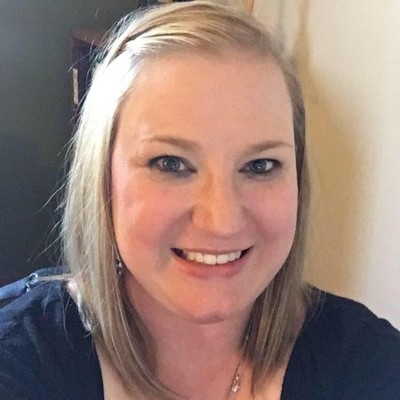
Melissa Aaron, MSW, LSW
Clinical Coordinator, Substance Use Services, Centerstone
Melissa Aaron is a Licensed Clinical Social Worker. Melissa graduated with her Masters of Social work from Southern Illinois University in 2015. Melissa is a Clinical Coordinator with Substance Use Services at Centerstone. Melissa has previously worked as a hospital social worker, with Returning Citizens and their families, and worked in Child Welfare. Melissa is dedicated to bringing awareness and compassion to mental health and substance use issues.
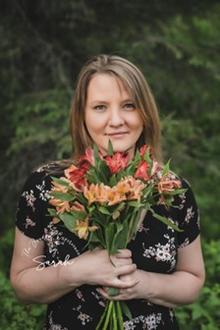
Cynthia Baade, C.P.R.S.R
Certified Peer Recovery Specialist at Project Clean Start
Cynthia Baade, is a certified Peer Recovery Specialist (CPRSR), starting her career journey as a Certified Peer Recovery Specialist (Recovery Coach) at Project Clean Start in Grand Rapids, MN.
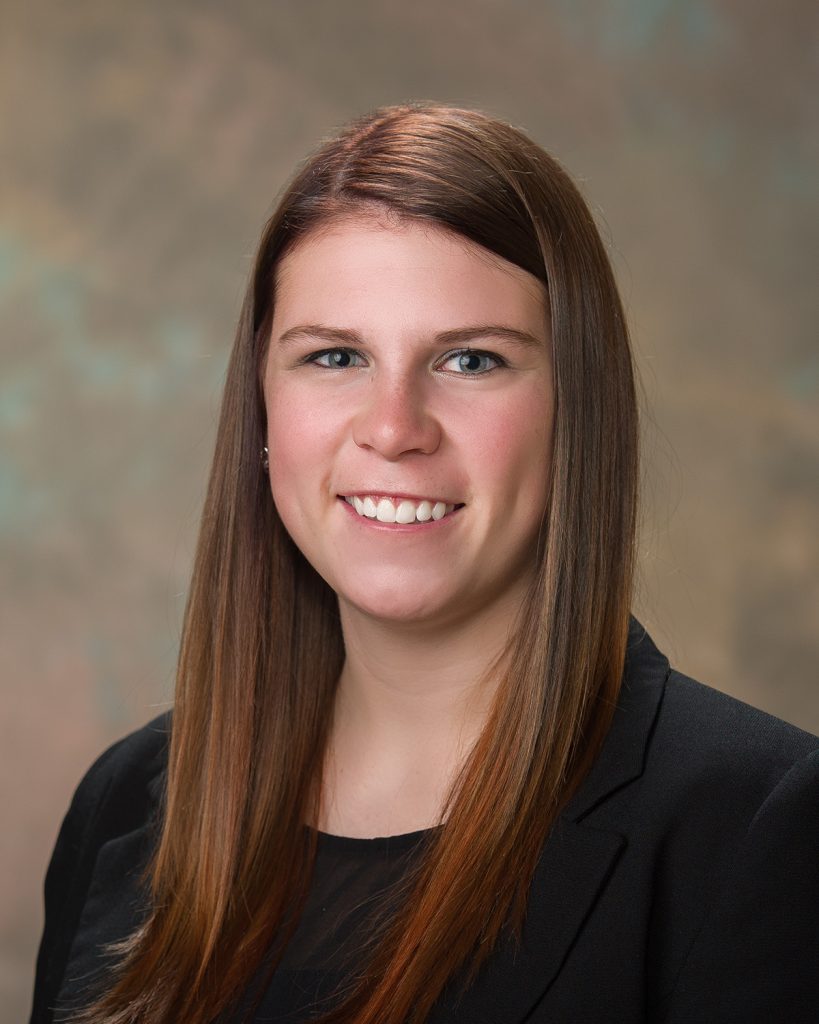
Megan Barnett, PS, CHES
Manager, Community Health
Meagan Pichler-Barnett is a Community Health Manager for the Marshfield Clinic Health System Center for Community Health Advancement. She is also a practicing Certified Prevention Specialist in the state of Wisconsin and a Certified Health Education Specialist. Meagan is actively engaged with the Northwoods Coalition.
Inside Interview
Meagan, tell us a little bit about you and how you got connected to prevention work. Growing up in Green Bay, my father was very involved in ministry, in fact he started a homeless shelter. My priority as a young person was to take the guest’s minds off of their day. That human to human connection had a huge impact on me. Learning their stories and hearing those repeated, underlying connections they had to substance use stuck with me. I went on to school knowing that I wanted to help people address those connections. Prevention made the most sense. Although I had friends and knew people that went into nursing, social work, and many other helping professions, to me it just felt right to work further upstream to support people. I wanted to work smarter, not harder to help people find find their voice. Now I get to work across a continuum of care and we’re all working together to make changes.
Briefly tell us about your organization and your community. What is the mission of your work? Whether I’m working in my role as a prevention specialist or with the Northwoods Coalition, there really seems to be a connection to “strong coalitions, healthy communities.” Within prevention we are always helping people move towards the recovery trajectory, it just depends where in my different roles I am approaching it. Moving at the community level, I am one to one, hearing individual needs. Within broader systems work, we are looking at systems level and trying to make the environments work better around and for people.
What inspires you to help others in the community? The guests that I met at the homeless shelter when I was younger gave me that human connection that was rewarding and enriching and helped me connect to my purpose early on. The role my family played that inspired me to do this work; being present for others in service was just part of my family life growing up. I also think consistently about one of the first recovery coaches I trained; her personal life story sits deeply with me and grounds me in this work. Being present with this recovery coach and seeing all she has achieved, watching her grow to be her best self, helps remind me how important and valuable it is to give voice to others is – the immense internal reward it is to do this work. To see others succeed is deeply rewarding.
What is a mental health or substance use resource you find to be helpful as a professional working in this field? Ahhh, what a hard question! There are many great resources out there. CADCA is the biggest resource that I lean on the hardest. It has a lot of materials, connections, and links; it’s my go to. I loves how they advocate for prevention coalitions. Now is a time to give them additional support for all they do to support coalition work.
What is a resource you recommend to a community member who may want information about mental health or substance use? The Prevention Technology Transfer Center PTTC for our regional area, Great Lakes ROTA-RC as a regional hub and connector, and Alliance for WI Youth as state wide coalition. Each has their place in the work and each offers for something different. For anyone struggling – 211 definitely has it figured out!
What tips (2 – 3) can you share about building mental health and substance use resources for the unique needs of rural communities?
- “Nothing for us without us” – Making sure you have people with lived experience at the table. Make sure they are in the process from the beginning.
- Do an environmental scan of your community. So often we are duplicating efforts. We have to work smarter, not harder.
- Don’t overlook 100 cups of coffee. Its important to get to know people. Its what will make your coalition, your community stronger. Its what determines buy in to where you want to go in your efforts.
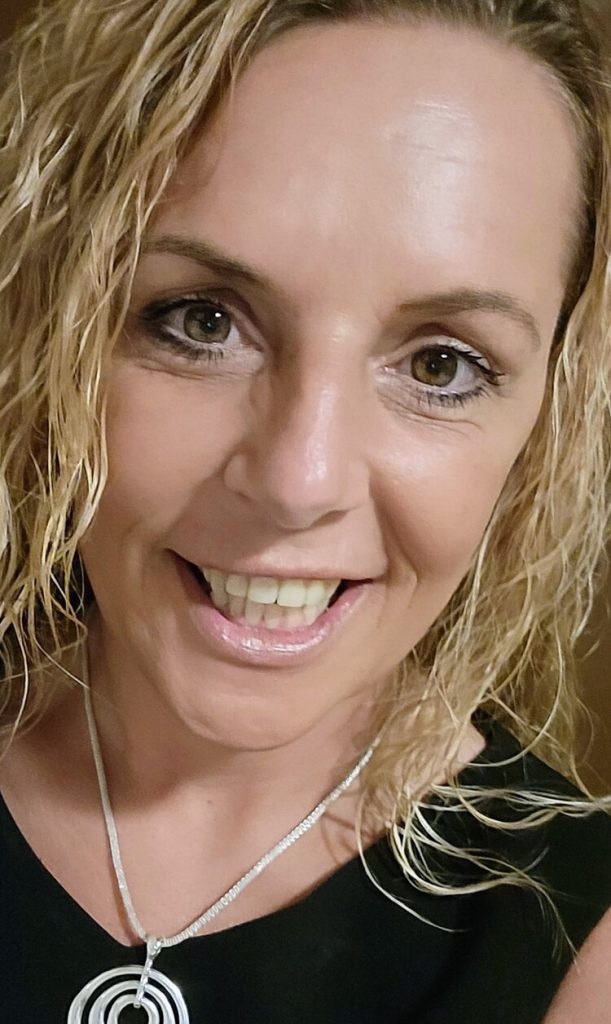
Charmin Gabbard, BS, CADAC II
Executive Director
Charmin Gabbard is the Executive Director of the Connection Café, a Recovery Community Organization based in Fayette County, Indiana. Charmin has both professional expertise and personal lived experience with substance use disorder, and she has been a champion for recovery communities.
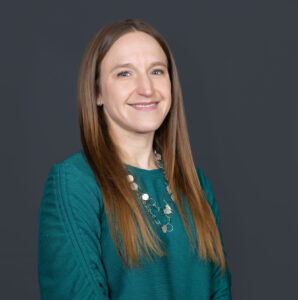
Colleen Hendon, MPH, CHES
Executive Director
Colleen is an emerging nonprofit leader with a background in public health and health education. Colleen is the Incoming Executive Director of Mental Health America of Licking County, OH and is a nationally certified Adult and Youth Mental Health First Aid instructor.
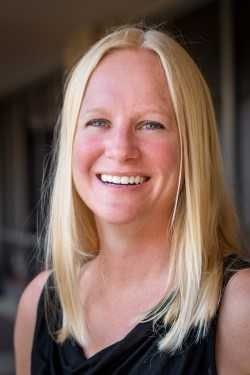
Jeanne Pulvermacher
Outreach Program Director, CHESS
Jeanne Pulvermacher is the assistant director of the Great Lakes Addiction (ATTC), Mental Health (MHTTC), and Prevention (PTTC) Technology Transfer Centers based at the UW–Madison Center for Health Enhancement Systems Studies (CHESS). She also serves as the co-director of the Great Lakes ATTC.
Inside Interview
Tell us a little bit about your engagement with the project so far. I have been very happy to be part of the project and can’t believe its already coming up on one year of the grant! The ROTA-RC is doing a great job getting connected and has been building a good partnership with the TTCs.
Briefly tell us about your organization and your community. What is the mission of your work? The mission and vision of the ATTCs is to accelerate the adoption and implementation of evidence-based and promising addiction treatment and recovery-oriented practices and services; Heighten the awareness, knowledge, and skills of the workforce that addresses the needs of people with substance use or other behavioral health disorders; and foster regional and national alliances among culturally diverse practitioners, researchers, policy makers, funders, and the recovery community.
What inspires you to help others in the community? I think what inspires me is that communities have people with so many different experiences. It’s great to see people with all of these experiences helping others to make our communities great places.
What is a mental health or substance use resource you find to be helpful as a professional working in this field? HealtheKnowledge.org is an online training resource and they have an A-Z of self-paced learning, a wide range of topics for free and its easy to use.
What is a resource you recommend to a community member who may want information about mental health or substance use? Great Lakes ATTC and MHTTC both have tons of resources, an events calendar, ways that you can be connected, via whatever social media platforms you prefer, and ways to find what you are looking for and what you need if you can’t find it on their site.
What tips (2 – 3) can you share about building mental health and substance use resources for the unique needs of rural communities? The Dept. of Agriculture – DATCP has a lot information on mental health resources for rural communities, and any information on telehealth is beneficial for rural communities.
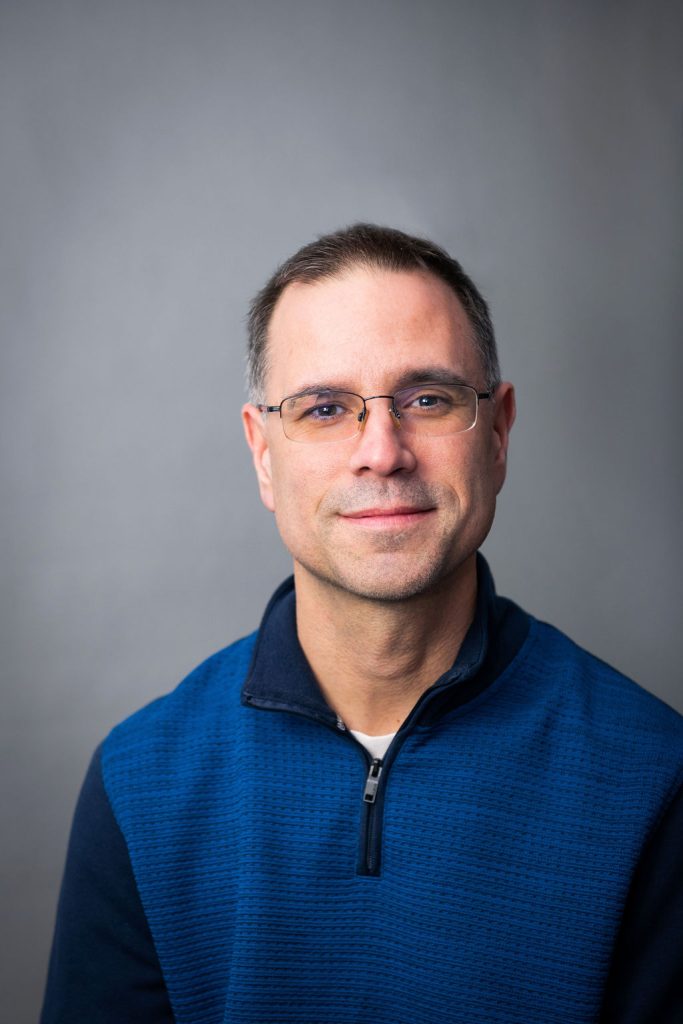
Tory Werth, LMSW, CADC
Clinical Therapist, Recovery Coach, Trainer
Tory serves as a clinical therapist for an Outpatient Treatment for Opiate and other Drug Addiction program. It’s only one of two places that offers methadone in northern Lower Michigan. Tory is a Licensed Masters Social Worker, Certified Alcohol Drug Addiction Counselor, Recovery Coach and also serves on the board for Recovery NOTES, and Community Recovery Alliance. Tory is also a person in long-term recovery since the age of 17, and is celebrating 28 years of being drug free.





